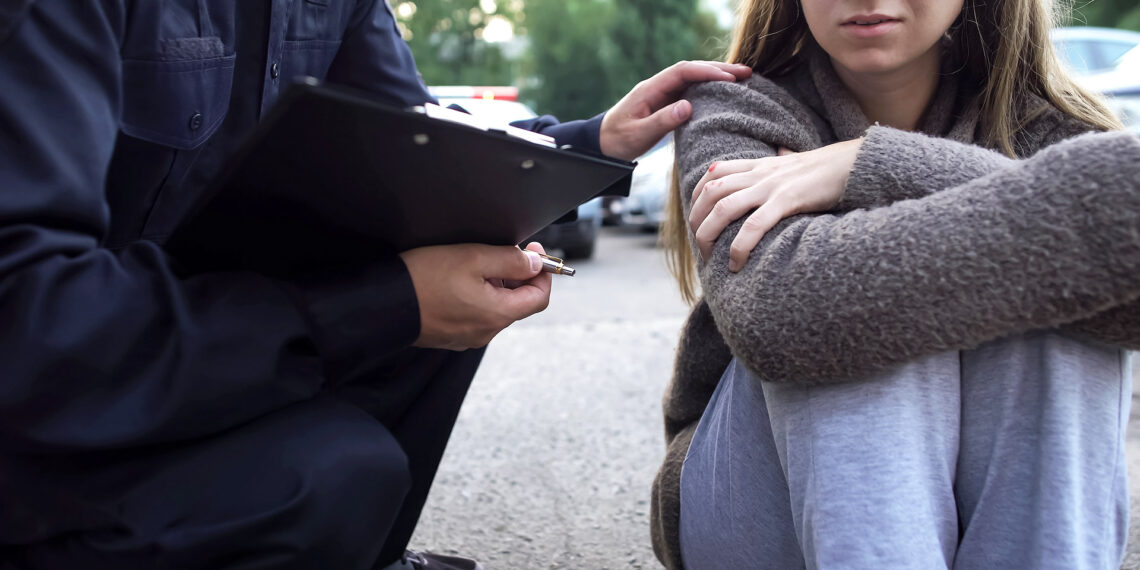[ad_1]

The city of Harrisburg, Pennsylvania, has introduced a civilian response team as an alternative to police officers in new community policing program.
The Community Service Aides (CSA) program, which began in March, is part of the Community Services Division of the Harrisburg Bureau of Police, and is an answer to problems posed by social justice and police reform advocates who have criticized the use of armed police officers responding to calls for neighborhood issues like homelessness and noise complaints, as well as mental health crises.
Under the program, community service aides work with police to focus on nonviolent and noncriminal calls involving quality-of-life issues, while also helping to bridge the gap between law enforcement and the community they serve.
Officials say the new team is part of the bureau’s community policing effort.
“It’s very important to have a community aspect to policing,” said Chardan Huston, the director of the CSA program. “We understand that police officers have to do their job. We want them to do their job. But they also have to stick to and adhere to certain rules, that maybe a civilian doesn’t always have to stick to.”
Huston said that responding with unarmed civilians may help de-escalate some of these situations.
“A lot of times it’s better received when it’s coming from a person who’s not perceived as a ‘threat,’” Huston said. “There’s a relatability. Even though the CSAs are in uniform, there’s also an understanding when they’re able to come to a person and say, ‘Hey I’m not a police officer, I’m here to talk to you like a human being. I’m not here to arrest you, I’m not here to badger you. I’m just here to be helpful as much as possible.’”
Huston said CSAs can help free up police officers to focus on more urgent calls.
“There has to be a balance,” Huston said. “Not to say that there isn’t a need [for police] to have some sort of understanding of both [criminal and social issues]. I do think officers do need to have an understanding of both, but that doesn’t mean that they’re always equipped to handle it all at once. And so CSAs can be that balance for them.”
Huston hopes that the program will grow to include more CSAs (there are six currently). At the moment, the aides are being introduced to the community via events, forums, public meetings and schools.
[ad_2]




